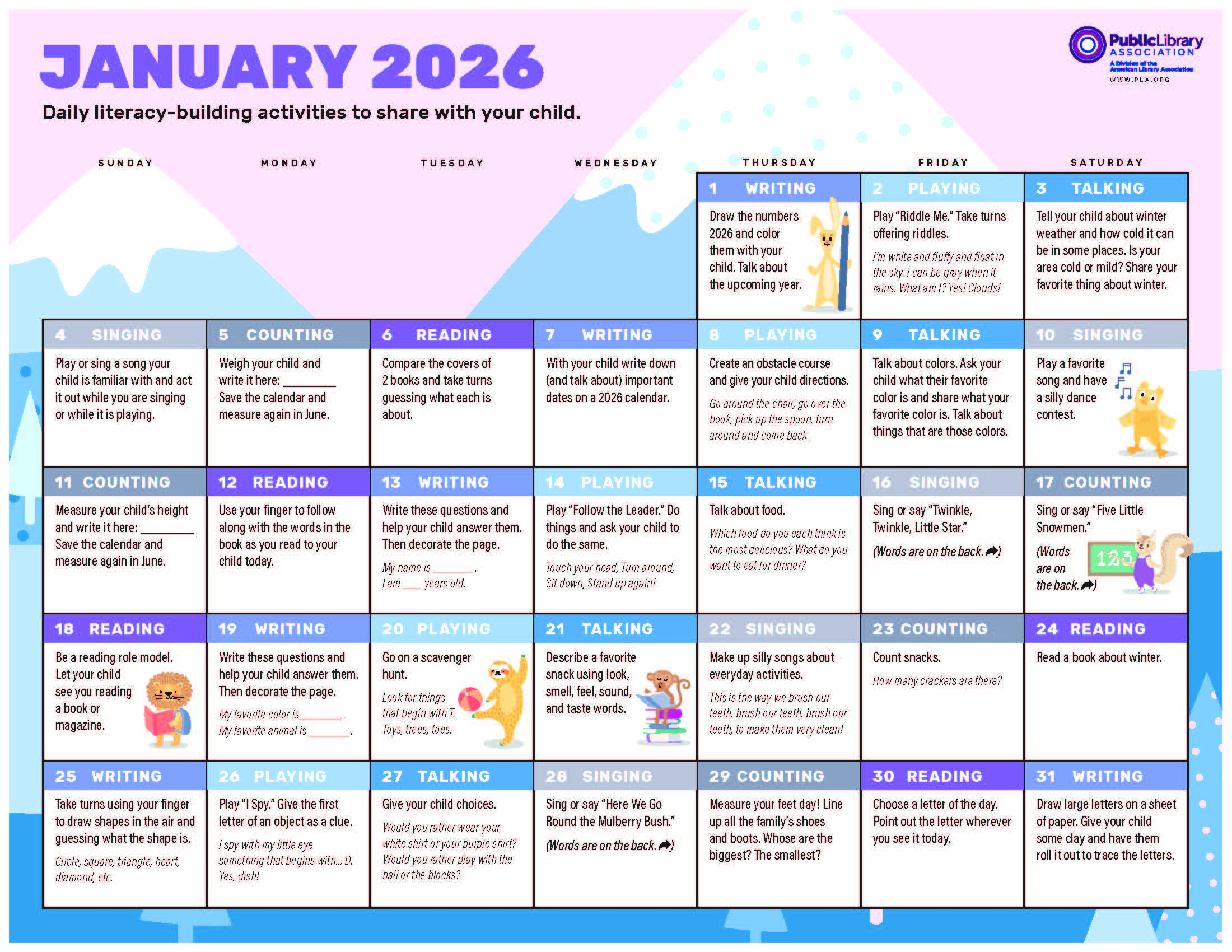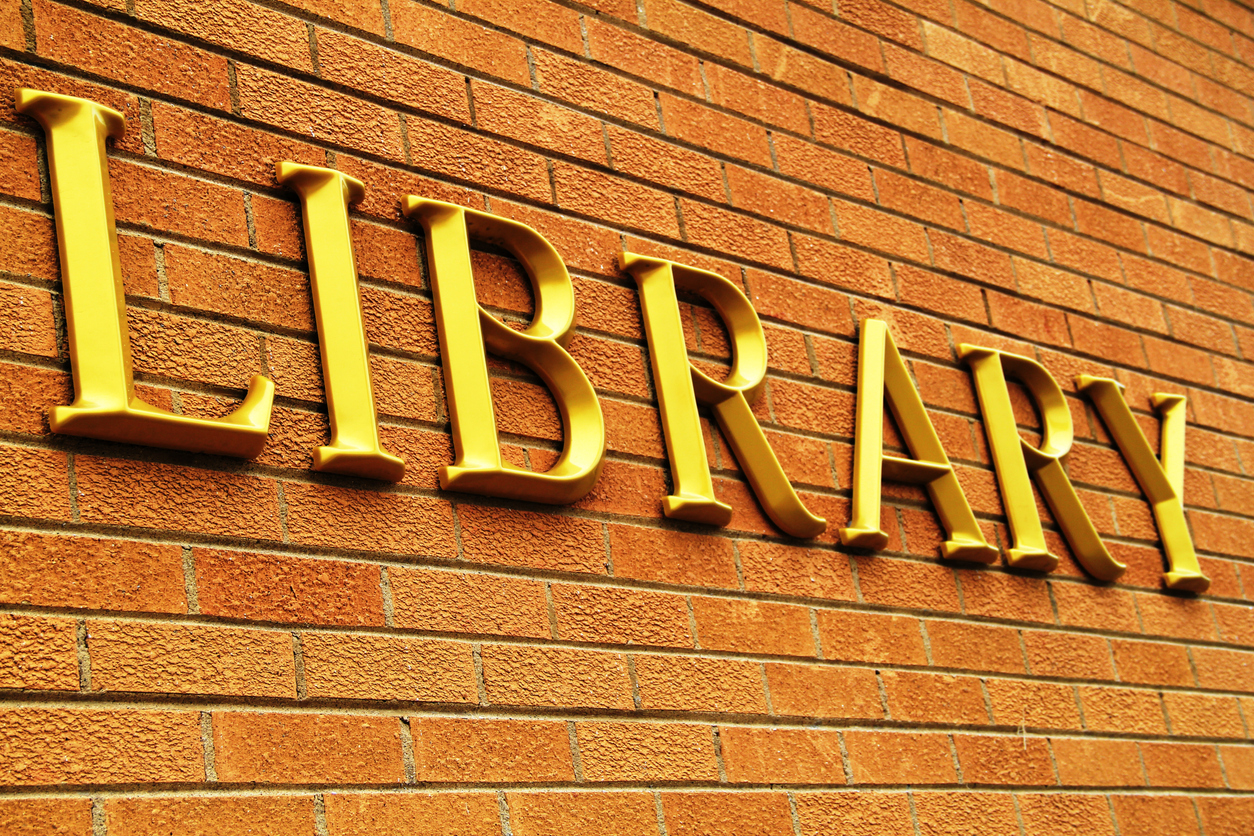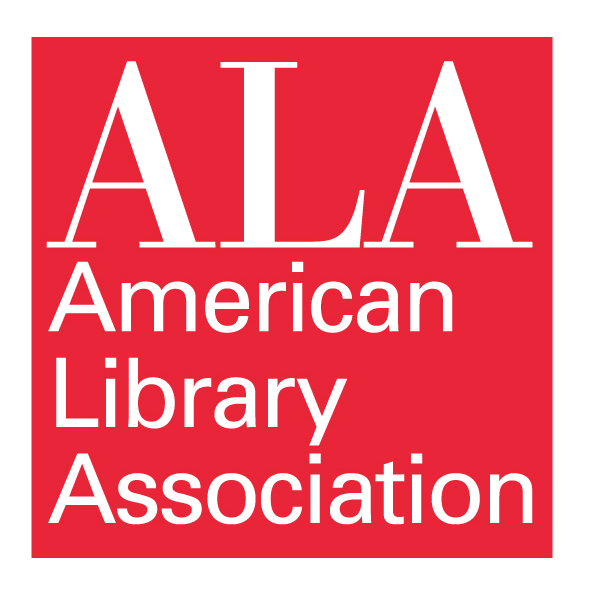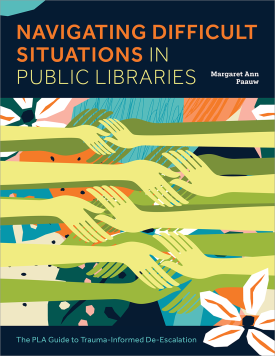“The Plot Shimmered Into Place”: A Conversation With Megan Abbott
Megan Abbott made her mark in the literary world with her tough, lyrical noir novels that honored the great pulp tradition through a feminist perspective. With The End of Everything, Abbott moved into a contemporary setting, telling the tale of a teenaged girl who unexpectedly discovers new strengths following the disappearance of her best friend. Her recent novel, Dare Me, is a pitch-black examination of the cheerleading world, with tough-talking teenagers every bit as tough as the gangsters who inhabit Abbott’s earlier work. Abbott spoke to Brendan Dowling for Public Libraries via telephone on August 27, 2012.
Public Libraries: In other interviews you’ve discussed the online eavesdropping you did to research Dare Me. Can you talk about what you learned about the cheerleading world?
Megan Abbott: I don’t think I would have been able to write the book had I not done that. I had interviewed some girls and they were interesting. But it was like when baseball players are interviewed after the game and they say, “I just tried to win it for the whole team” and they do the schpiel for reporters. That’s what I was getting from the cheerleaders. When I went online and saw them talk to each other, I saw all this stuff that they weren’t telling me: the thrills they got from the risk-taking, the combination of horror and delight over the injuries they would receive. They’d swap stories of the most terrifying accidents they’d been involved in. It just seemed to reflect the fascinating darkness [of cheerleading] that just captivated me.
PL: What has the reaction been from cheerleaders who’ve read Dare Me?
MA: They seem delighted that somebody wrote a book about them that takes what they do seriously. There just haven’t been that many, especially one that looks at the way that cheerleading is now rather than our pop culture conception of it or how it was back in the pom-pom waving days. I’d probably only hear from the ones who like it — the ones who hate it wouldn’t tell me. But from what [cheerleaders] have told me, they’re just glad that someone’s treating it with a certain degree of seriousness. Because I really respect what they do.
PL: You’d probably have to go online to hear the bad stuff.
MA: (laughing) I’ve thought about that but I don’t even read my own reviews. It would probably be a dangerous thing. Teenage girls can be mean after all.
PL: Your portrayal of teenage girls is different than how they’ve been portrayed before, like Heathers or Buffy the Vampire Slayer, which have a certain pop sensibility. But the darkness of your teenagers is never leavened by snarkiness or camp.
MA: I of course love Buffy and Heathers but I didn’t want [Dare Me] to have any irony at all, because that’s so easy with cheerleaders and with high school in general. It all seems very serious to these girls doing it, so I wanted to take that seriousness with it. And also, the risk-taking reflects the illusions of immortality and the nihilism teenagers have, and I really wanted to bring that out. So I didn’t want [the characters] to take any of it lightly. When you’re at that age, things seem unbelievably grave and important. I wanted everything in the book to feel that way, from things that should be, like life and death, to things that shouldn’t be, like one girl’s calf is bigger than her other calf.
PL: As the novel progresses, Addy masters increasingly complex stunts and comes more into her own. These passages are so technically precise, what were the challenges of describing something like a back tuck when you don’t come from a cheer background?
MA: That was my biggest challenge and definitely developed upon revisions. I had never even really written action scenes! I ended up reading a lot of sports books for the basic things, and just endlessly watching youtube videos of what they were doing and how they would describe it and a lot of training videos where these girls would practice the stunts. At a certain point I had to read what the girls would say about how it felt and combine both: how things look from the outside, what the mechanics of it are, but also how it feels when you’re doing it. For a lot of these girls doing a back tuck — or anything that involves almost defying physics — is a total head game. So that started to inform it too. It really came in layers.
PL: All of your books have a very specific sense of the time in which they’re set, whether it’s mid-century Los Angeles or the 80’s suburbs or present day. It’s difficult to imagine the events of your books taking place in any other era. How does the specific time period of your novels influence their tone and plot?
MA: It really rules everything for me. The way cheerleading has changed meant [the setting] had to be now, [but also] the texting culture really became important for me: the way gossip and rumors would spread and that the girls could essentially terrorize each other through their phones became the machine of the book – that’s how everything happens. [The time period] is really important for me because in many ways it gives me my plot. The constraints of 1950s America rules the books I’ve set there and the weirdness of being a kid during the missing children crisis of the 80s rules The End of Everything. In this case the texting culture was a big factor.
PL: The cell phone really becomes a malevolent force in the novel.
MA: And that is partially taken from my own life. Mine never leaves my hand – it’s awful! It’s like a bomb in my hand. (laughs)
PL: You started writing The End of Everything in the late 90s, put it aside, and came back to it after several years. How did the time apart and the experience of writing other novels affect finishing that book?
MA: I started writing it before I knew that I was ever going to write fiction. I had this idea but I didn’t really know how to write a book or even to to tell a story. It kept never getting anywhere. I knew sort of the basic structure: Missing girl and her dad and her sister, but I didn’t really know what was going to happen. But it always stuck with me, and when I was trying to do something that was more contemporary I started to think about it again. By then I knew how to write a plot, because I had written some books, and all of a sudden the plot shimmered into place. The last stage was when I found Lizzie, the narrator’s, voice. She became my guide. It’s always for me the narrator or main character — it’s almost like a demonic posession — I keep waiting for them to take me over and when they do I know I have it.
PL: And how do you find their voice?
MA: That is always hard for me. The first part of the book always ends up sounding like the narrator of the previous book. Which is what happened with Dare Me. Addie sounded a lot like Lizzie when it started, but that quickly changed because there’s a real big difference between thirteen and sixteen. It’s sort of like you go from a delicate flower to a real troublemaker. It was a very different kind of girl, so slowly Lizzie became Addie bit by bit when I started to throw [Addie] into situations that Lizzie would not have been in. It’s a gradual process because the voice in my head is sometimes hard to get rid of. It was very hard with the book I’m working on now, to get rid of Beth, the mean girl [from Dare Me], because I liked her so much.
PL: You’ve been active in the comic world too, recently writing an issue of The Punisher. What attracted you to the comic world? Are there writing muscles you get to flex writing for comics that you don’t use in novels?
MA: It was totally unlikely in many ways for me, having no experience writing comics. I was intrigued by the idea. They really wanted someone who didn’t write comics, who was coming from another tradition, and I think they wanted to try a female voice. I grew up reading comics — almost entirely”Archie” comics. I loved them and when I started to think about it, it became this opportunity to go back to one of the first kinds of storytelling that I loved: how you tell a story in panels. My other first big love was movies, [so writing comics] was also an opportunity to think about how to map [the story] out like a movie and it became visually exciting to me and I unfurled it from there. It was a good way to think with different parts of my brain instead of relying totally on dialogue or description; that I was going to have to let the movement across the panel tell the story.
PL: What’s it been like adapting Dare Me for the screen?
MA: I haven’t started yet. I’m about to start. I’ve spent the last few weeks just thinking about it. First of all it’s terrifying because I’ve never reread one of my books after page proof so the thought of returning to it is daunting. But that book in particular I wrote very much thinking of it as a movie, not consciously because I thought it would get optioned, but the spectacle of it always seemed so movie-like. Not just with the stunts but the girls’ bodies, the way they present themselves, and almost this militaristic quality. When I was writing it I was watching a lot of Full Metal Jacket. (laughs) So I’m really looking forward to thinking of it like that and figuring out ways to take advantage of that medium to do things that I couldn’t do in the book.
PL: What are you working on next?
MA: It’s called The Fever. It’s set in a small town and is about this mysterious outbreak in a high school. It’s from the point of view of one of the families — the father’s a teacher in the school and it’s sort of based on a real life case that’s been going on in New York, a strange illness that’s affected the town. So I’ve been working on that doing a lot of research on infectious studies.
PL: Is this the first time you’ve written from the male perspective?
MA: Well my second book has a male protagonist but it’s not first person. This isn’t first person either. But this does feel very different doing a contemporary male characters and it’s been really fun to do. It’s good to get a little bit out of the full blown teen girls. It’s exhausting being in there. (laughs)
PL: And lastly, what has your relationship with libraries been like?
MA: It’s the oldest of all. I had a library family. I think I went there almost every day it was open as a kid. My first job was working in a [branch] library at the Grosse Point Public Library. I worked there in middle school and then a little in high school. They’ve remodeled and renovated [the branch library I worked at], and it’s heartbreaking to me. I remember every nook and corner of it! I remember the smell. I remember the date stamp and the ink pad. It’s fundamental to everything that came after for me. It’s where I discovered all the books I love.












